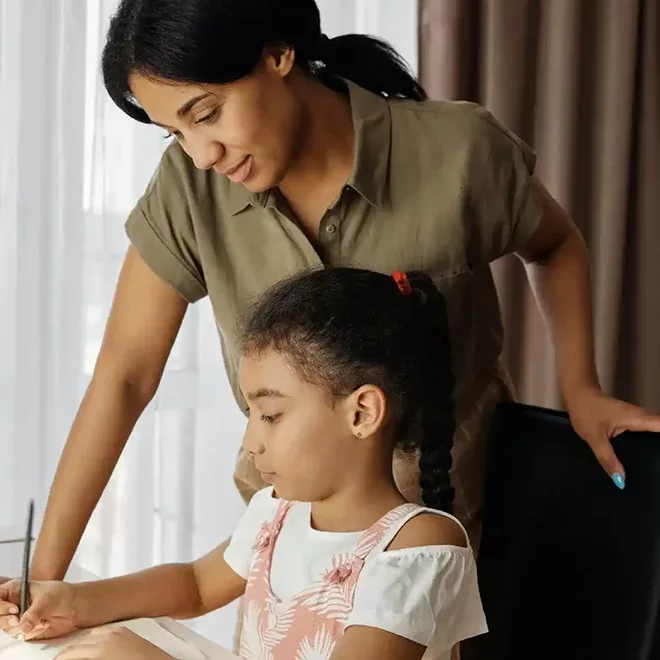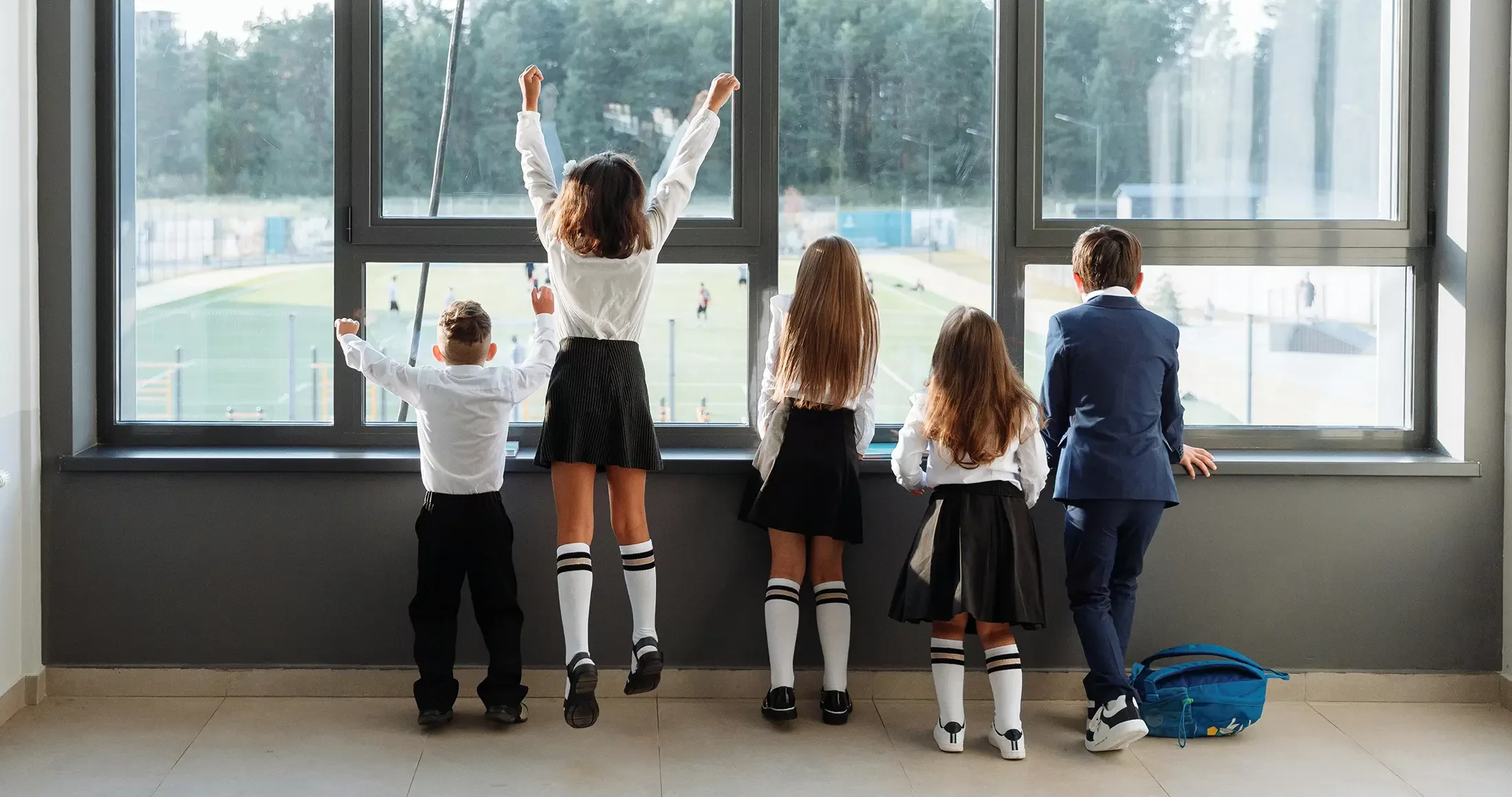As the final days of summer draw to a close, the back to-school season is upon us once again. Whether you're a student, parent, or educator, the return to school in September can evoke a mix of emotions, from excitement and anticipation to a hint of reluctance. However, with the right strategies and mindset, you can make the transition smoother for you and your child. With expert advice from Quintessentially Education super tutor, Aron Penczu, and expert homeschool teacher, Anita McCullough, we've got you covered to help set your children up for a successful school year.
Aron suggests that the key to a smooth transition is organisation. He says that ‘one great place to start is by spending some time sorting and archiving old materials’.
This includes ‘folders, tests, essays, and even textbooks’ from the previous school year. This is a simple way to ease back into the school mindset, whilst simultaneously creating space for the new year’s materials.
An additional option for older students is to skim read the old materials as they sort through them. Aron says, ‘this will help them reflect on the main topics covered and which areas they are least confident’. Research shows that students (can potentially) lose up to two months of reading and maths skills over the summer holidays, commonly known as the ‘summer slump’, so don’t be too surprised if your child feels overwhelmed by their lack of knowledge and confidence.
Whilst more families are opting to have residential tutoring during the school holidays to help mitigate the loss of learning, Aron suggests students ‘map out what preparatory work might prove most useful before the term starts’, giving them the best possible start to the new year. This can include reading before bed, independent study sessions and arranging lessons with a private tutor to revise specific subjects.


On the other hand, Anita suggests introducing timetables and routines, as ‘showing things to be reliable produces a far happier path back to studying’ As a primary home-school teacher and residential tutor, Anita is familiar with producing bespoke timetables for children who are learning flexibly at home, working around the family’s schedule.
Anita suggests clearly differentiating between ‘school time’ and ‘family time’, by creating visual timetables and calendars with activities. This, she says, “gives children a reassuring sense of what’s going to be happening and, more importantly, what’s going to be expected of them and when’. For example, ‘that English paper may seem quick and straightforward, but it’s unlikely to be well received if it’s thrust before children during a popcorn-movie afternoon’.
Equally, Anita says that routines are very beneficial for children who are learning at home, as parents or teachers “can adjust the order or length of lessons to bring out the best in individuals or fit better with other family commitments”. Routines can also be used to mark transitions, helping children switch from being playful and energised to focused and calm.
Anita suggests parents consider what could work with their children to mark the end of extended family time or playful activity, for example, ‘family dinner, favourite activity or playing outside’ and factor this into their child’s timetable Whether your child is returning to school, university or home-schooling this September, we hope that these top tips will help you and your child have a smooth transition. From revision lessons with tutors to creating bespoke routines and timetables, it’s never too soon to get started.
Quintessentially Education is on hand to assist your students in the run-up to their exams. Our services cover subject-specialist tutoring, mentorship programmes that support students in managing deadlines and revision timetables, and more. Find out more by emailing [email protected] or calling us +44 (0)20 3073 6839.


